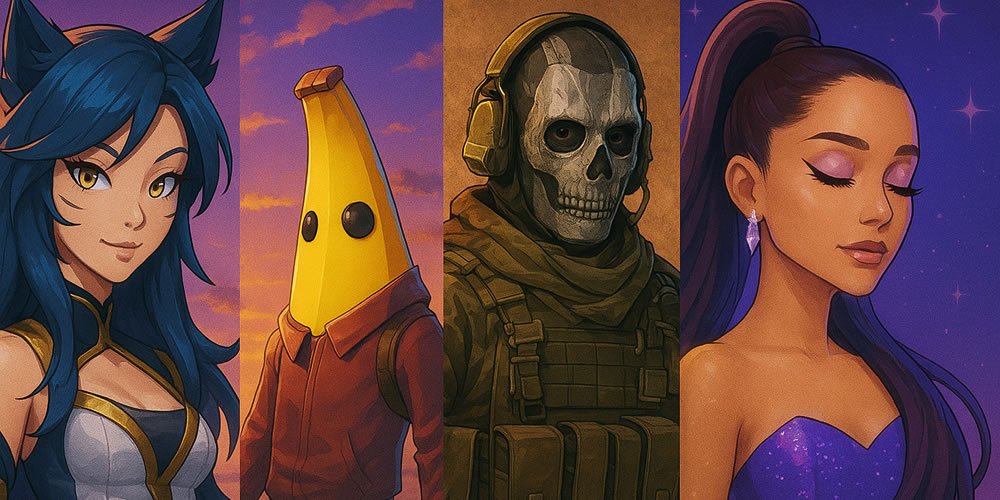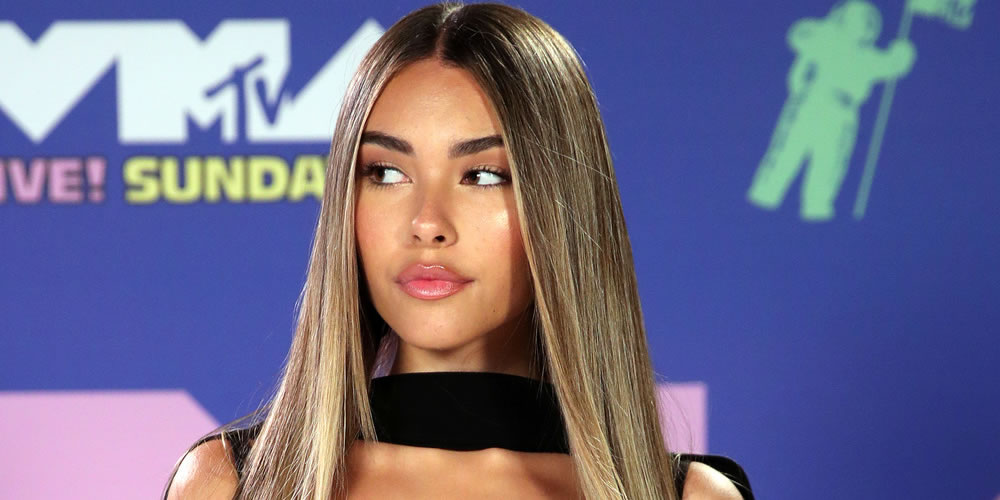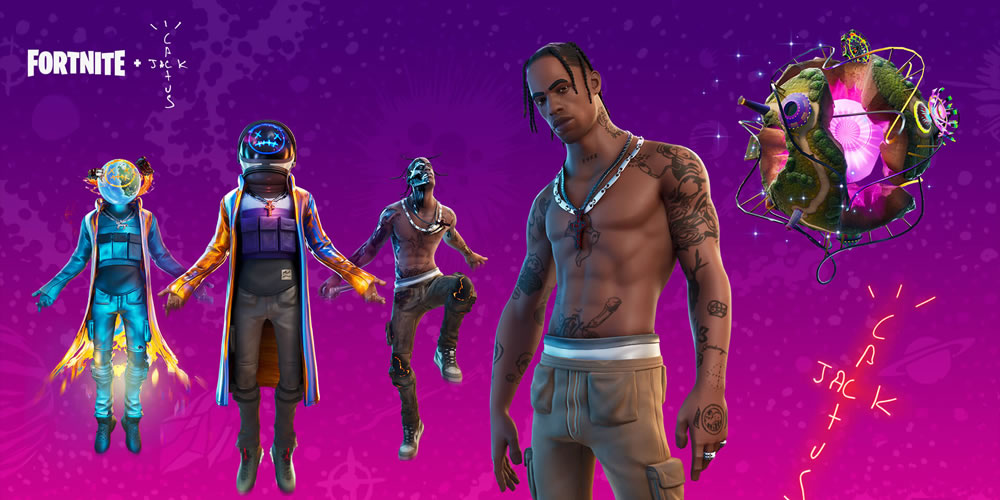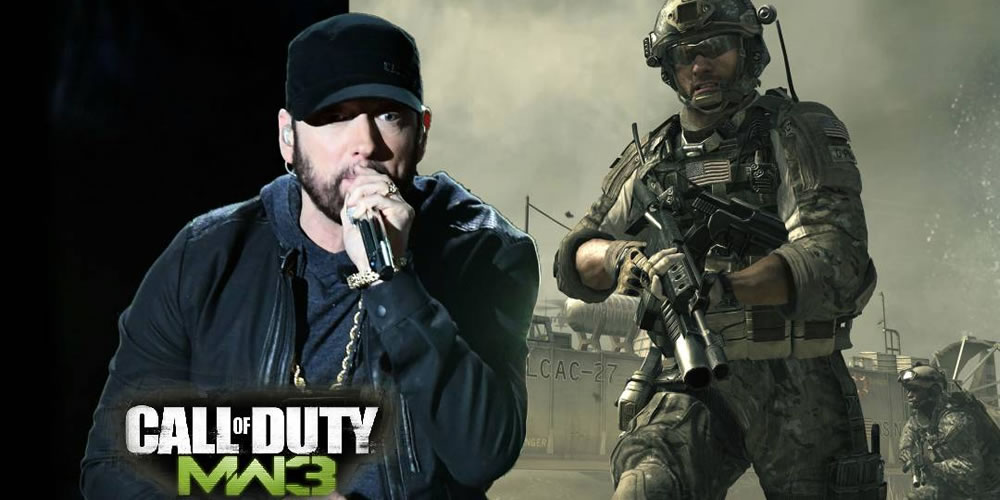Beyond the Game: The Soundtracks Defining Modern Video Game Culture
In gaming today, we have heard plenty about the visuals of games and how brilliant they are, as well as the gameplay mechanics. However, one ingredient that is becoming increasingly prevalent and is evolving into an art form is music. With thumping electronic beats, orchestration, and collaborations with pop stars, video game soundtracks have become cultural phenomena on their own. These musical soundtracks not only immerse players in the gaming world but they also help define the identity of the games and shape players' emotional responses, providing fuel for competitions at global tournaments.

As esports continues to grow and globalize, and video game fandom rises to levels comparable to the cinematic universe, the soundtracks belonging to the games are being celebrated beyond the screens of their games. However, their songs are being highlighted on streaming platforms, live performances, and digital charts. In the following lines, let's examine some of the most popular video games today and discuss how their music, as well as the artists behind it, have contributed to their global appeal.
-
League of Legends: The Stage of Sound and Strategy
League of Legends (LoL), developed by Riot Games, has found a formula that helps integrate competitive gameplay with professional music production. Each year, Riot creates an anthem for their World Championship and teams up with popular artists. For example, in 2018, Imagine Dragons collaborated with Riot for "Warriors," a cinematic anthem that quickly reached over 300 million views on YouTube. Their success went beyond digital; it reverberated in tournament arenas across the globe.
In addition to the world championship themes, Riot Games created its pop act K/DA, which features champions from the game as holographic idols. They released their first song "POP/STARS," which featured real-world artists Madison Beer and Jaira Burns, and topped Billboard's World Digital Song Sales chart. This merging of K-pop aesthetics and the game lore created a hype machine across two mediums, solidifying League of Legends' space on the Venn diagram of music and gaming.

The world's tournaments are both a spectacle and a game. The finals begin with a musical performance, featuring augmented reality or holographic images of virtual artists performing alongside their real-life counterparts. The production scale creates an audiovisual experience that competes with a Super Bowl halftime show.
-
Fortnite: Battle Royale with a Soundtrack
Fortnite, a cultural force developed by Epic Games, established new boundaries for video games—not merely a battle royale, but a virtual social experience. This is best exemplified by Fortnite's musical collaborations, which almost always consist of A-list talent. Among the most prominent examples, Travis Scott's record-breaking concert “Astronomical” in-game had over 12 million live participants, and Ariana Grande's Rift Tour in the game has continued the trend of interactive concerts within a game.
Not only does the game offer entertainment, but it also raises the bar for digital innovation. The Travis Scott concert in Fortnite featured a vibrant and surreal world where the environment in which players resided morphed with the music, from structures and aliens to a space-like setting. His song “Sicko Mode” became the unofficial anthem of Fortnite, being featured in streams and gameplay montages.

Fortnite has also incorporated in-game music packs and lobby tracks, in addition to emote-based songs like “Say So” by Doja Cat and “Savage” by Megan Thee Stallion, to create functional aspects of gameplay, rather than simply providing entertainment. Overall, Fortnite is not considered a traditional esports game; however, Fortnite tournaments, such as FNCS (Fortnite Champion Series), offer million-dollar prize pools and even create exclusive songs for event hype.
-
Call of Duty: Warfare Set to Epic Scores
While Call of Duty (CoD) has established itself primarily within the realms of military realism and first-person action, its music carries significant emotional implications, particularly in the Modern Warfare and Black Ops series. The long-time composer Jack Wall has contributed musical heft, but there are also external contributions. Equality's notable contributions, such as Eminem's "Survival," provided the official song for Call of Duty: Ghosts, bridging the energy of his lyrical approach with the game's narrative and stylization.

In Black Ops Cold War Sinnthwave stems from the 1980s and then enhances the immersion even as the game's tonality is rooted in nostalgia, the same applies to the zombie modes that have their soundtracks too with many followers - soundtracks composed of 'death metal' to overload our senses in its heavy, dark, relentless style that further captures the mayhem of survival.
Call of Duty League (CDL) tournaments bring a visceral intensity featuring music that tailored intros, hype reels created by fans, and trailers that integrate impactful licensed material or original cinematic orchestral themes. Music is not an additional element; it is an atmospheric mechanism for adrenaline through clutch moments and highlight videos.
A Culture of Soundtrack Spectacle and Global Competition
As music continues to become an even more important part of the gaming landscape, it is finding camaraderie in esports and the digital events landscape. The worldwide level of competition in tournaments today is not only a competition—it is a production, combining visuals, music, and gaming into one cohesive multisensory experience.
As gaming serves as another platform for fans to engage with people worldwide, video game and esports live streams are commonly integrated with a live commentating section (live feed), a musical countdown, and a post-game highlight reel featuring selected music. This could either be a LoL Worlds song or a Fortnite 'hype' song. Music adds more than just a vibe for that game's tournament; it creates memories of great in-game highlights from the event.
The amalgamation of music and competitive gaming hosts events in digital world arenas, where fans can track statistics, scores, and odds in real-time. Platforms like gg bet offer gaming overlays and insights in real-time, with music scores for any game in particular, providing the same upbeat soundscapes that rhythmic music produces and enhancing the overall experience. All of which integrates that experience of watching, playing, and exiting gaming culture in one aesthetic.
Conclusion: Music as the Emotional Code of Gaming
In today's gaming environment, music is no longer simply background noise. Music is narrative, music is character, music is soul. From pop/crossover collaborations that bridge audiences worldwide to orchestrated pieces that draw the player in deeper, the soundtrack in games is most definitely its cultural artifact. When artists contribute to the gaming environment, they do so not only with their voice but the identity of their art. Artists helped define the emotional and social experience of play.
As gaming continues to proliferate in both casual and athletically nuanced forms, the soundtrack has consistently become one of its hallmarks. Whether it is rapping into a lobby in Fortnite, running into battle with Eminem in Call of Duty, or humming the chorus to a K/DA number during a match of League of Legends, music is ultimately what makes the moments stick.







